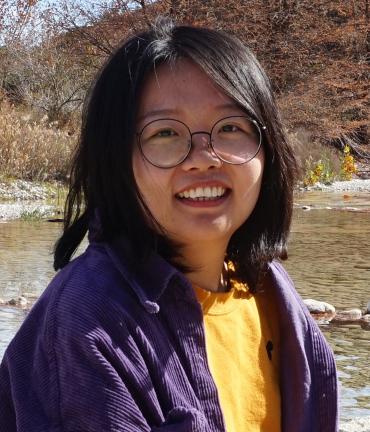
Jingruo Zhang, PhD
Research interests: Mechanisms of macrophage- and microglia-mediated immunosuppression in glioblastoma; novel target for immunotherapy; mitochondrial dysfunction and its role in brain tumor pathology
As a specialist, my research investigates the mechanisms of macrophage- and microglia-mediated immunosuppression in the tumor microenvironment, explores promising targets for immunotherapy, and examines mitochondrial dysfunction in brain tumors to uncover new therapeutic strategies. I earned my Ph.D. from Peking University, followed by postdoctoral research at UT Health San Antonio, where I applied advanced techniques such as CRISPR/Cas9 and multi-omics to study the crosstalk between osteocytes and bone marrow cells within the bone marrow niche, as well as tumor metastasis regulated by the microenvironment.
Outside of the lab, I enjoy playing the keyboard and erhu, as well as hiking with my family.
Connexin 43 hemichannels regulate mitochondrial ATP generation, mobilization, and mitochondrial homeostasis against oxidative stress
Zhang J, Riquelme MA, Hua R, Acosta FM, Gu S, Jiang JX.
Elife. 2022 Nov 8;11:e82206.
Antibody-activation of connexin hemichannels in bone osteocytes with ATP release suppresses breast cancer and osteosarcoma malignancy
Riquelme MA, Wang X, Acosta FM, Zhang J, Chavez J, Gu S, Zhao P, Xiong W, Zhang N, Li G, Srinivasan S, Ma C, Rao MK, Sun LZ, Zhang N, An Z, Jiang JX.
Cell Rep. 2024 Jul 23;43(7):114377.
Mechanosensitive piezo1 calcium channel activates connexin 43 hemichannels through PI3K signaling pathway in bone
Zeng Y, Riquelme MA, Hua R, Zhang J, Acosta FM, Gu S, Jiang JX.
Cell Biosci. 2022 Dec 1;12(1):191.

